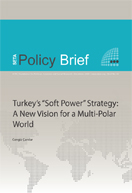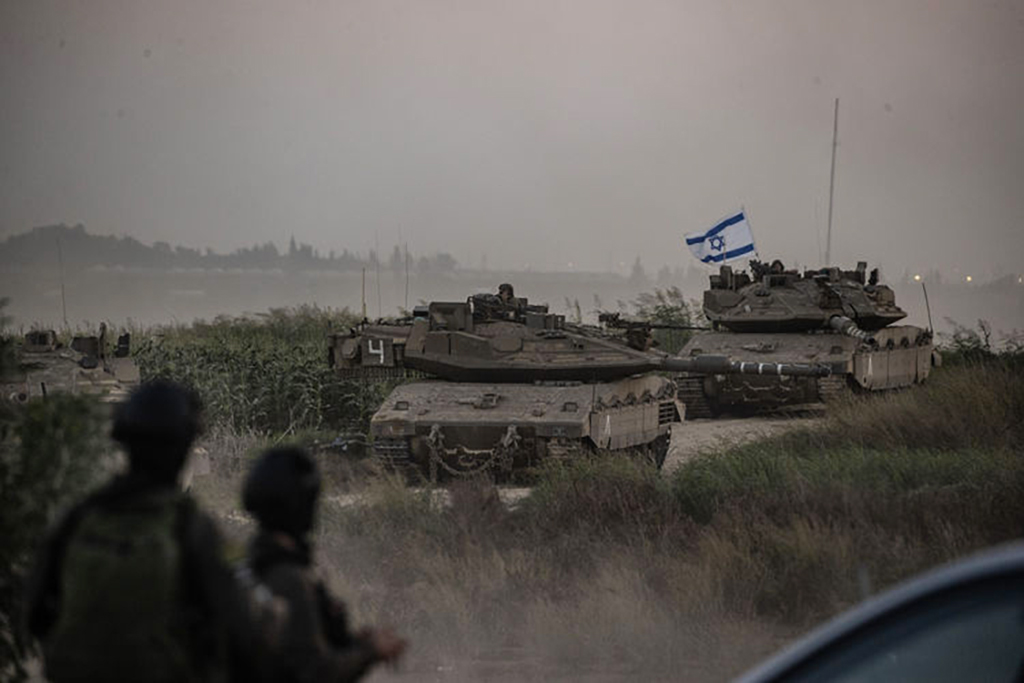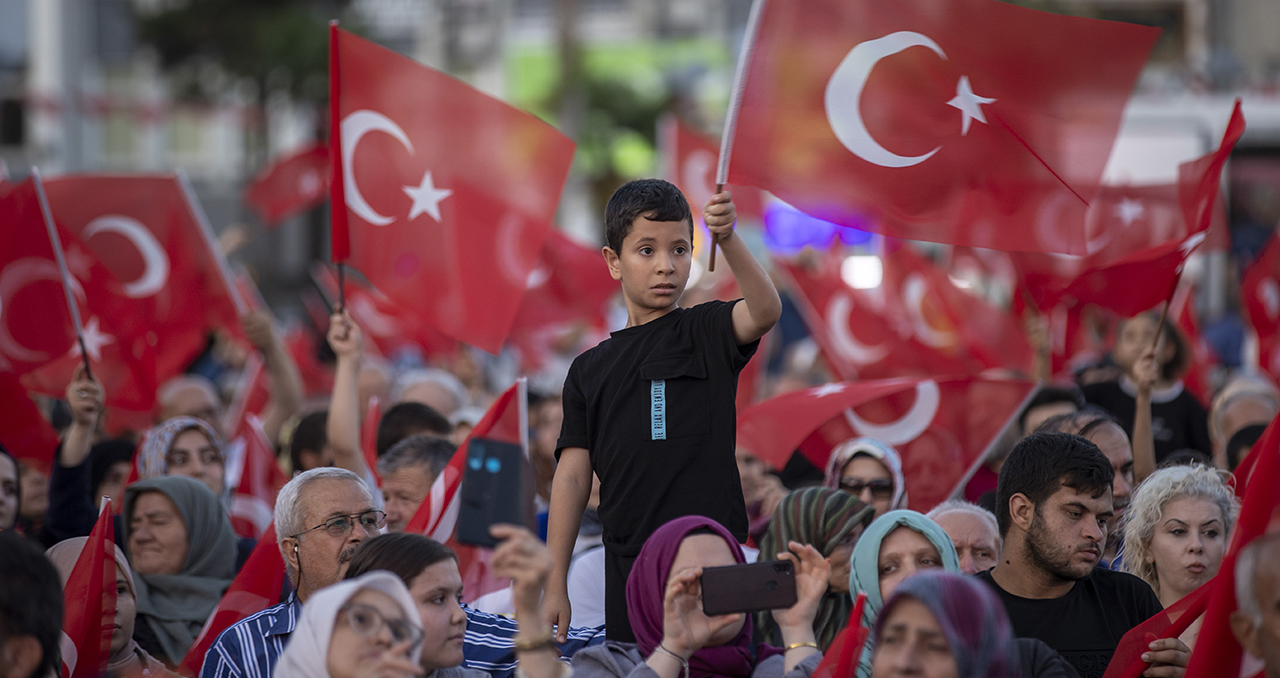Al-Jazeera invited almost a dozen Turkish scholars and journalists to its Fourth Annual Forum last month in Doha. It was the first time so many Turkish participants attended. Why did al-Jazeera invite so many Turks to an event focused on the Arab world? More generally, why do people in the Middle East pay attention to Turkish perspectives on their affairs?
The answer is Turkey's soft power. Middle Eastern politicians recognise that Turkey is working to resolve Middle Eastern problems. And because these problems have global implications, the rest of the world is paying attention to Turkey, too. The combination of Turkish politicians' political will at home, and receptive audiences abroad, means Turkish soft power is in ascendance. Turkey's soft power emerges from its on-the-ground influence, coupled with its political, cultural and economic abilities. Turkey's soft power fits the classical understanding, unlike Joseph Nye's US-style smart power, which mainly brings soft power elements to the fore while limiting hard power measures in foreign policy. Turkey has gained the status of a soft power by experimenting with its foreign policy and demonstrating achievements on the ground. The Caucasus crisis and the Gaza war have shown the limits of the international system's ability to resolve conflicts. In both cases, the hard powers tend towards softness, while the soft powers seek solutions by developing hard power capabilities. With trust in the usual conflict mechanisms on the wane, Turkey's peace-making attempts attracted attention. Turkey emerged as a peace-maker on the periphery of the international system. The US administration began to consider Turkey as a potential partner in issues such as Iraqi stabilisation and the Middle East peace process. This change in US policy reflects Turkey's new image in the west. Turkey's rising soft-power status is rooted in the regional context. Its active diplomacy during the Gaza war and the Davos incident raised Turkey's importance in the eyes of US and European policymakers, while winning the hearts of the people on the Middle Eastern street. The political halls of a number of regional states are not particularly enthusiastic about Erdogan's rise in the Arab street. However, they hesitated to reflect discontent with Turkish policies. Turkey also prioritises good relations with world powers. Turkish policymakers enjoy being able to bring regional issues to international attention. Subsequent visits to Turkey by US special envoy George Mitchell and secretary of state Hillary Clinton endorsed Turkey's status as a regional power. President Barack Obama's visit further strengthened Turkey's self-confidence and regional image as a peace-maker in the Middle East. There are three reasons for Turkey's rising soft power. One, Turkey's modernisation, its social and cultural achievements, its economic development, its political and economic stability, and its democratisation and good governance made it an attractive civil-economic power to the countries of the region. As an example, Turkish TV series gained considerable popularity in the Arab countries. The rising interest in Turkey in the Middle East prompts more visits to Turkey by citizens of the regional countries. Two, Turkey's ability to pursue an active foreign policy, which pays attention to international legitimacy and regional concerns, with the aim of resolving the region's serious problems increases the country's prestige in the Middle East. Turkish politicians obeyed popular will in 2003, when they prevented the entry of US troops to Iraq through Turkish territory, and prime minister Erdogan did so at Davos, when he expressed a feeling shared by the majority in the Muslim world against Israel's President Peres. The masses in the Middle East considered these actions as courageous stances in support of their causes. This perception made Turkey a rising star in the minds and hearts of the peoples of Middle East. Arab and Iranian intellectuals appreciate Turkey's role and urge its greater involvement in
Turkey's Soft Power
Al-Jazeera invited almost a dozen Turkish scholars and journalists to its Fourth Annual Forum last month in Doha. It was the first time so many Turkish participants attended. Why did al-Jazeera invite so many Turks to an event focused on the Arab world? More generally, why do people in the Middle East pay attention to Turkish perspectives on their affairs?
Share
Tags »
Related Articles








